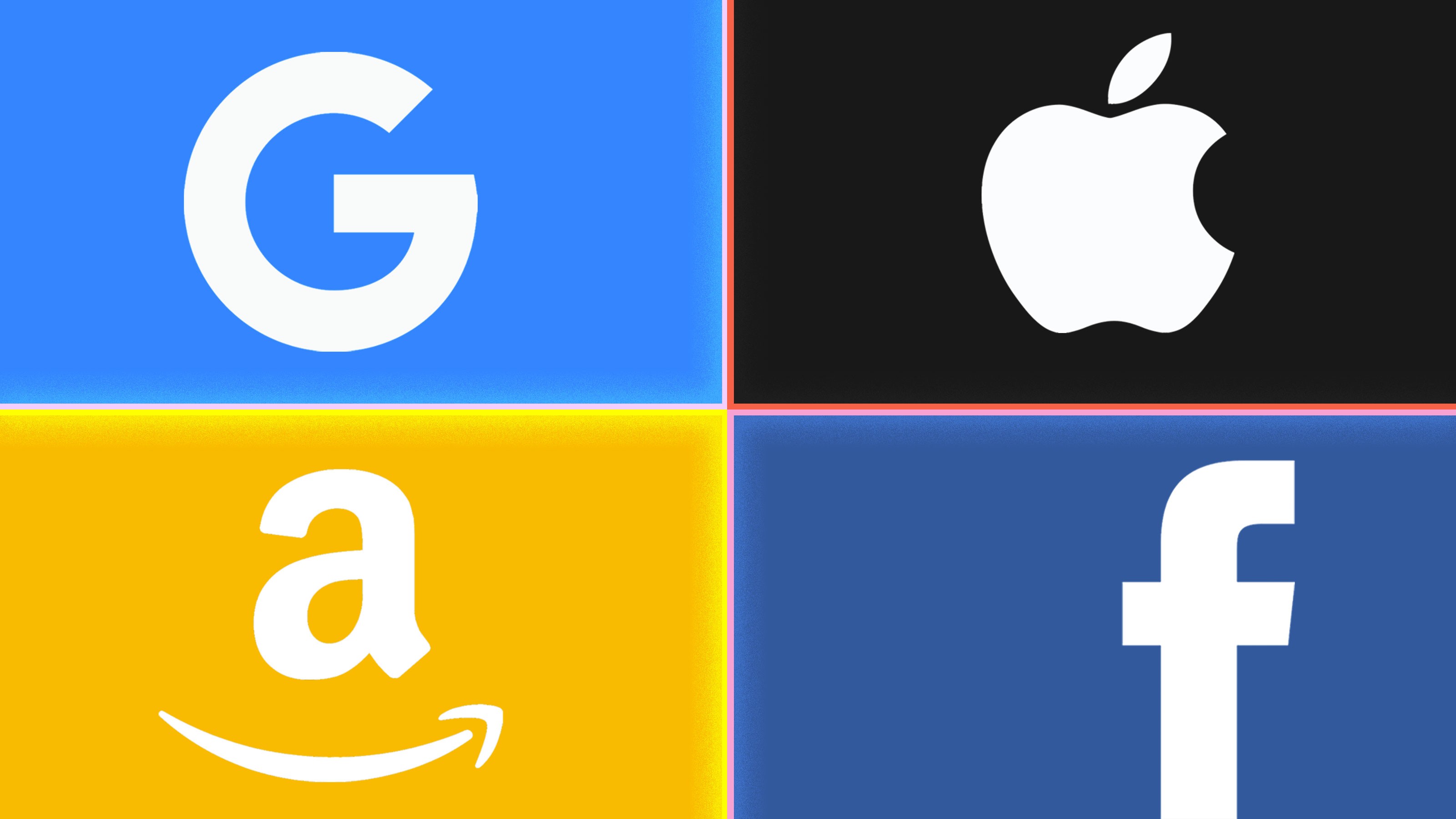Big Tech’s US antitrust nightmare just got a whole lot worse

Apple, Amazon, Google, and Facebook face a new and sweeping review of their activities by the US Department of Justice (DOJ).
The news: The DOJ has just launched a wide-ranging investigation into anti-competitive behavior in the markets for online search, social media, and e-commerce. The US’s biggest tech firms weren't named specifically, but it’s clear they will be the focus of its attention. The scene is now set for an epic battle in the courts and Congress that will be fought along multiple dimensions over the next few years.
The legal dimension: Big tech firms will point out that US antitrust law has long focused on whether businesses cause harm to consumers by raising prices. As they provide many services for free, they will argue they don’t deserve broad sanctions. But the US trustbusters look set to challenge that view because of growing concern about the firms’ influence.
The political dimension: Both Democrats and Republicans are worried about everything from the influence that Big Tech wields over some markets to its influence on politics and social issues. Republicans have been particularly critical of Facebook and Google, which they accuse of suppressing conservative views on their platforms.
The agency dimension: For years, US trustbusters have treated Big Tech with a relatively light touch, while those in Europe have been much tougher. That looks set to change. Ambitious lawyers within both the DOJ and the Federal Trade Commission (FTC), which is also investigating possible antitrust violations, could see the high-profile cases as a great opportunity to enhance their reputations. Quite how tough they will be is still unclear: the FTC has reached a $5 billion settlement with Facebook for separate privacy violations, which is barely a slap on the wrist for the social-media giant.
The China dimension: Facebook is telling anyone who will listen that antitrust action at home could distract America from the threat posed by the growing power of Chinese tech behemoths. There will be plenty more such fearmongering in the weeks and months ahead, with ongoing US-China trade tensions and national security concerns around China’s Huawei as a backdrop.
The fifth dimension—Donald Trump: America’s tweeter-in-chief has already called for lawsuits against Facebook and Google on the grounds of political bias (see the second dimension above). If things don’t seem to be going his way in the upcoming 2020 presidential election, expect the president to turn up the tweet heat on Big Tech even more.
Keep Reading
Most Popular
Large language models can do jaw-dropping things. But nobody knows exactly why.
And that's a problem. Figuring it out is one of the biggest scientific puzzles of our time and a crucial step towards controlling more powerful future models.
The problem with plug-in hybrids? Their drivers.
Plug-in hybrids are often sold as a transition to EVs, but new data from Europe shows we’re still underestimating the emissions they produce.
Google DeepMind’s new generative model makes Super Mario–like games from scratch
Genie learns how to control games by watching hours and hours of video. It could help train next-gen robots too.
How scientists traced a mysterious covid case back to six toilets
When wastewater surveillance turns into a hunt for a single infected individual, the ethics get tricky.
Stay connected
Get the latest updates from
MIT Technology Review
Discover special offers, top stories, upcoming events, and more.